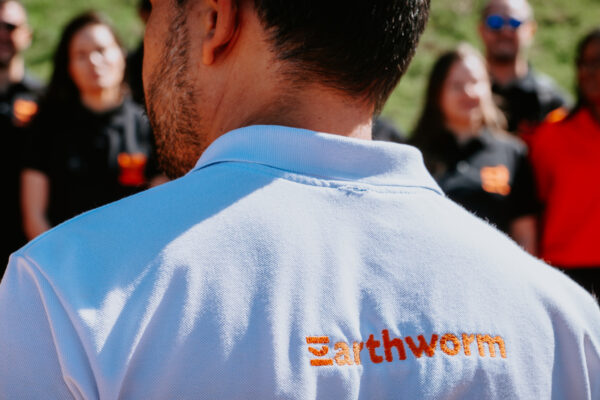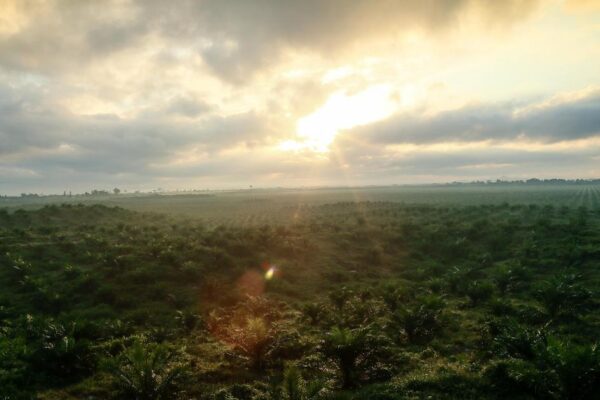One year after making its soil health indicator public, Earthworm Foundation’s Living Soils Collective is sharing the results of its 2021 field campaign, which was carried out across more than 200 farms and 700 plots in the key arable North-East region of France, one of Europe’s biggest agricultural producers.
The collective involves 15 agri-food companies, cooperatives and agricultural traders (including Nestlé and Purina, McCain, Lidl, Bonduelle, Herta, Prodia, Noriap, Groupe Carré, Cirhyo, Parmentine, Pom'Alliance, Vivescia, Soufflet, Terréa and Unéal), who are all using the same technical framework to engage with farmers in their supply chains to measure the health of their soil.
The results showed more than three quarters of the sampled soils are degraded. Although the results show the fragility of our soils, they also have enormous potential to be regenerated, bringing back their ability to store carbon and continue to grow good quality food. In this sense, carbon stocks in soils are stable or increasing for 55 % of the plots, which is an encouraging result.
Soils are essential for ecosystems. They absorb water and carbon, yet 60 to 70% of soil in Europe is degraded, no longer able to function. Farmers are at the forefront of the issue of soil health, but they cannot change their practices overnight. They need a range of support to make the transition to regenerative agriculture practices that protect soil. Business can provide it to farmers in their supply chains
This is what the Living Soils collective provides, coming together to use a technical framework to take stock of soil health. It compromises of a set of indicators that makes it possible to monitor soil health progress at farms, within a sector and a region.
Soil quality is the combined result of its physical, chemical and biological properties. The soil health indicator aggregates the assessments of these parameters, such as organic matter clay and soil structure, obtaining simple, inexpensive results validated by research.
For businesses it also gives a view of the progress made in relation to the environmental and climate commitments they have made. The data from the soil studies will now be further scientifically analysed to better understand the state of soil health in north east France.
The analysis of this data has already enabled farmers to obtain results for their farms. The practices to improve soil health do not always yet exist, as they are very much dependent on the context of the individual farm, so the results are also of huge benefit to farmers as they give them a vital point of reference on their soil health and how to begin improving it.
So in order to further support farmers a team of Earthworm Foundation technicians supports farmers who supply the members of the collective, as well as those who started to roll out their plans more recently, such as Bonduelle, .
Adopting new regenerative agriculture practices can present an initial risk to farmers’ livelihoods. So in order to facilitate the commitment of farmers and enhance it, the collective is working on incentives schemes for farmers committed to regenerative agriculture.


